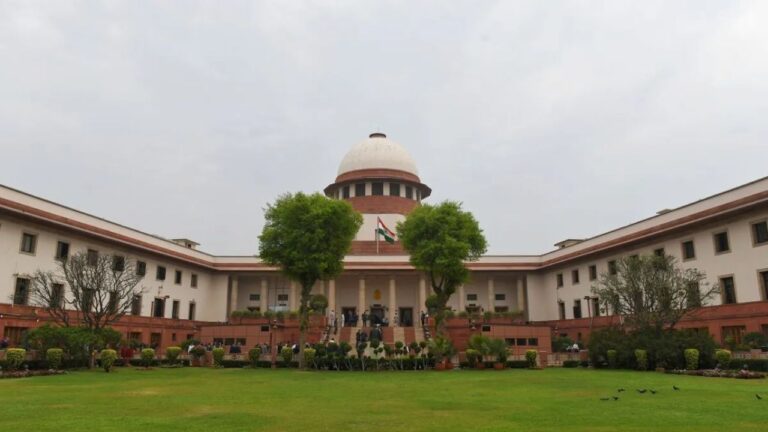
Supreme Court Nullifies Gujarat Government's Remission Grant in Bilkis Bano Case: A Critical Analysis
In a recent landmark decision, the Supreme Court of India nullified the Gujarat government’s controversial decision to grant remission to 11 convicts involved in the heinous gangrape of Bilkis Bano and the brutal murder of seven members of her family during the 2002 riots in the state. This move by the Gujarat government sparked widespread controversy and legal challenges, eventually leading to the highest court’s intervention.
Table of Contents
Background of the Bilkis Bano Case
During the 2002 Gujarat riots, Bilkis Bano, a pregnant woman, fell victim to a brutal gangrape, while seven members of her family, including her three-year-old daughter, were mercilessly killed by a violent mob. The Central Bureau of Investigation (CBI) took up the case, and in 2004, a Mumbai court convicted 11 individuals for their involvement in the gangrape and murder, marking a crucial step towards justice for Bilkis Bano. However, in a shocking turn of events in August 2022, the Gujarat government granted remission to these convicted individuals, leading to their release and triggering a wave of outrage.
Supreme Court’s Ruling
The Supreme Court’s ruling to nullify the remission granted by the Gujarat government was based on multiple grounds.
Firstly, the court emphasized that the Gujarat government lacked the authority and jurisdiction to issue remission orders, citing Section 432 of the CrPC. The court clarified that the power to grant remission lies with the state where the convicts were sentenced, not where the crime occurred or where they were imprisoned. This highlighted a serious flaw in the remission process and raised concerns about its legality.
The court also criticized the remission process, pointing out that the orders lacked proper consideration and were obtained through the concealment of facts, constituting fraud upon the court. This sheds light on the need for transparency and due diligence in the remission process to ensure justice and uphold the rule of law.
Furthermore, the court condemned the overreach by the Gujarat government, stating that it unlawfully exercised power that rightfully belonged to the Maharashtra government in issuing remission orders. This emphasizes the importance of respecting jurisdictional boundaries and preventing the misuse of executive powers in matters of remission.
Understanding Remission
Remission, as a legal concept, involves the complete ending of a sentence at a reduced point without altering the nature of the sentence. It differs from furlough and parole as it is a reduction in the sentence duration rather than a temporary break from prison life. The recent case highlights the significance of constitutional provisions related to the power of pardon granted to the President and the Governor under Article 72 and Article 161, respectively.
The court’s scrutiny of the remission process also brings attention to the statutory power of remission outlined in the Code of Criminal Procedure (CrPC). Sections 432 and 433 grant the ‘appropriate government’ the power to suspend, remit, or commute a sentence, with or without conditions. This power, intended to allow for the release of prisoners before completing their terms, must be exercised judiciously to prevent misuse and ensure justice.
Landmark Cases of Remission
The Supreme Court has previously set guidelines in cases like Laxman Naskar v. State of West Bengal (2000) and Epuru Sudhakar v. State of AP (2006), outlining factors that govern the grant of remission and grounds for judicial review. These cases stress the importance of considering the societal impact of the offense, the likelihood of reoffending, the convict’s potential for future criminal activity, and socio-economic factors when deciding on remission.
Conclusion
The nullification of the Gujarat government’s remission grant in the Bilkis Bano case by the Supreme Court is a crucial step towards upholding justice and preventing the misuse of executive powers. It underscores the need for transparency, due diligence, and adherence to legal procedures in the remission process.
This landmark decision sets a precedent for future cases, emphasizing the importance of respecting jurisdictional boundaries and ensuring that the authority to grant remission is exercised within the framework of the law. As the legal system evolves, it is imperative to strike a balance between the power of remission and the principles of justice to safeguard the rights of victims and maintain the integrity of the judicial process.






